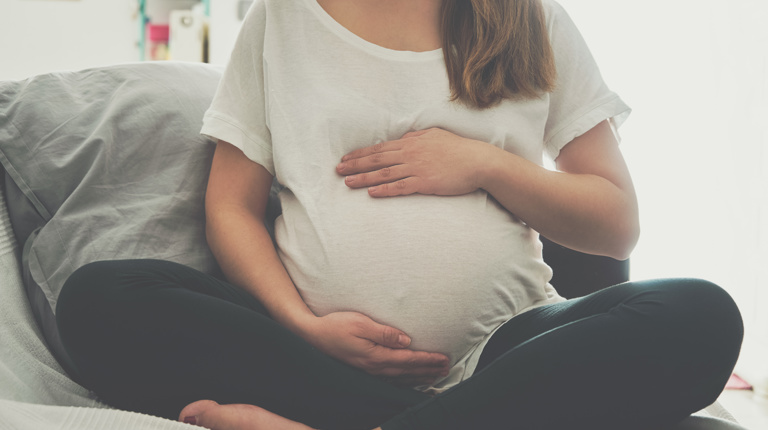
We are committed to improving women’s health by listening to your experiences and priorities. You can help shape future research and resources through the Women’s Health Research Priorities initiative.
Our patient information resources are based on evidence from up-to-date clinical guidance for doctors but are written in a way that is easy for everyone to understand.
Many of our resources cover specific gynaecological conditions, procedures, and situations that can occur during pregnancy and birth.
If you are looking for general information on pregnancy and birth, you may find these resources helpful:
Click here to view translated patient information.
In this section
Our patient information is developed by the RCOG’s Patient Information Committee, made up of obstetricians and gynaecologists, midwives, and members of the RCOG Women’s Network.
All patient information resources are reviewed every three years, or before that time if clinical guidance on which they are based changes. You can read more on the development process here.

We are committed to improving women’s health by listening to your experiences and priorities. You can help shape future research and resources through the Women’s Health Research Priorities initiative.

For information on Covid-19, see our Q&As for pregnant women and their families.

Access a range of resources about menopause and women's health in later life.